Bookshops are calm alcoves in busy streets, like what a harbour is to the open sea.
Walk into one, peruse the shelves of the Scotland non-fiction section, and you’ll find a deafening silence. Not of the comforting kind, inviting you to sit and read in peace, but an absence – missing voices and stories. Scottish non-fiction remains male dominated, especially our politics books.
For years, publications on the Scottish parliament, devolution, political parties and leaders, land, constitutional politics and futures were nearly exclusively written by men. It’s a coterie of current and former politicians, journalists, and political scientists. The type prone to quote tweets and talk of “big beasts”, by which they mean Salmond, Brown, or Dewar.
The masculine monopoly extends to books on prominent women, especially Nicola Sturgeon and the SNP under her leadership. Scan those dust jackets to find a preponderance of Davids and Roberts and, yet, not a female author in sight. Apart from her own, the same goes for books on Ruth Davidson and the Scottish Conservatives during her leadership.
It reminds me of a suburban equivalent of Scottish makar Kathleen Jamie’s brilliant essay in the London Review of Books on a white, middle-class, “lone enraptured male”, writing about his travels in the remote wildness of the north. (Well, remote and wild to him.) The lone enraptured male of the Scottish political class scrivens his insights on the lobby and augurs constitutional futures from his bolthole, probably somewhere in the Central Belt.
Don’t get me wrong, these books are absorbing and line my shelves – gladly. Who is missing is what vexes me. In the words of author Sara Sheridan: “where are the women?” It’s hard to be what you cannot read.
A defensive reflex might point to staples like a classic analysis of Scotland’s past by Carol Craig, or impassioned calls to change Scotland’s future by Lesley Riddoch. For those, I salute them. But it is not enough.
Women only write about women – men write about everyone and everything
Women’s invisibility can be obscured by men’s assumed generalisability of the Scotland they see and its political cultures they narrate. There’s a word for that. “Malestream” is a feminist term for when men write and theorise in ways which uncritically assume they write for and about everyone. Political narratives are composed from the position of narrator or a central character, where others can become like supporting actors in the peripheries, and he sees a prospective audience in everyone.
Women who know politics can get opportunities to write about women, preferably inspiring women. Numerous books by MPs and journalists in England illustrate that. More power to their elbows, if it is what they choose. There is still much progress to be made, while male counterparts blithely get podcasts and contracts to commentate on the state of the nation.
Scotland doesn’t lack women capable of writing about politics and the nation as a whole
Also, I can’t help but feel conflicting emotions about the new Women’s Prize for Non-Fiction, when there are monopolies to be dismantled in who shortlists for the Orwell Prize and other literary accolades.
Scotland doesn’t lack women capable of writing about politics and the nation as a whole. Collectives such as Women in Journalism Scotland and Pass the Mic brim with talent, as do the politics departments of our universities. The last bastion seems to be non-fiction publishing.
How can we diversify?
Women well placed to write on politics often have a complex balance to maintain. Parliaments sit into mid-week evenings in expensive capital cities. The social choreography of power and influence doesn’t stop at 5pm. There are pressures to keep up appearances, heavy workloads with tight deadlines, lingering student loans, eye-watering childcare costs, mid-life daughterly duties, and transport headaches with long commutes, if home is outwith Edinburgh or London. Boltholes of undisturbed rest? Please.
How can we diversify who makes it into bookshops? Publishers and funders can better help with obstacles women face – gender gaps, glass and class ceilings; time, money, and recognition. Newspapers can help by reviewing and featuring more non-fiction books by women. Readers can help by buying them.
Scotland’s stories need more diverse storytellers. Our insight and collective memories will be richer for it. When it comes to Scottish politics, I say brava and viva the female commentariat – may she write on whatever she pleases, and find an audience in us all.
Dr Hannah Graham is a criminologist and academic at the University of Stirling
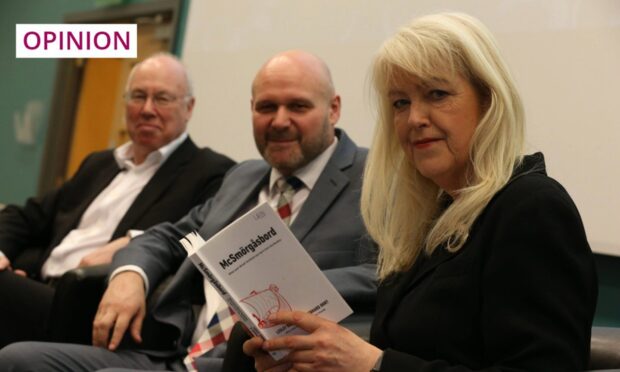
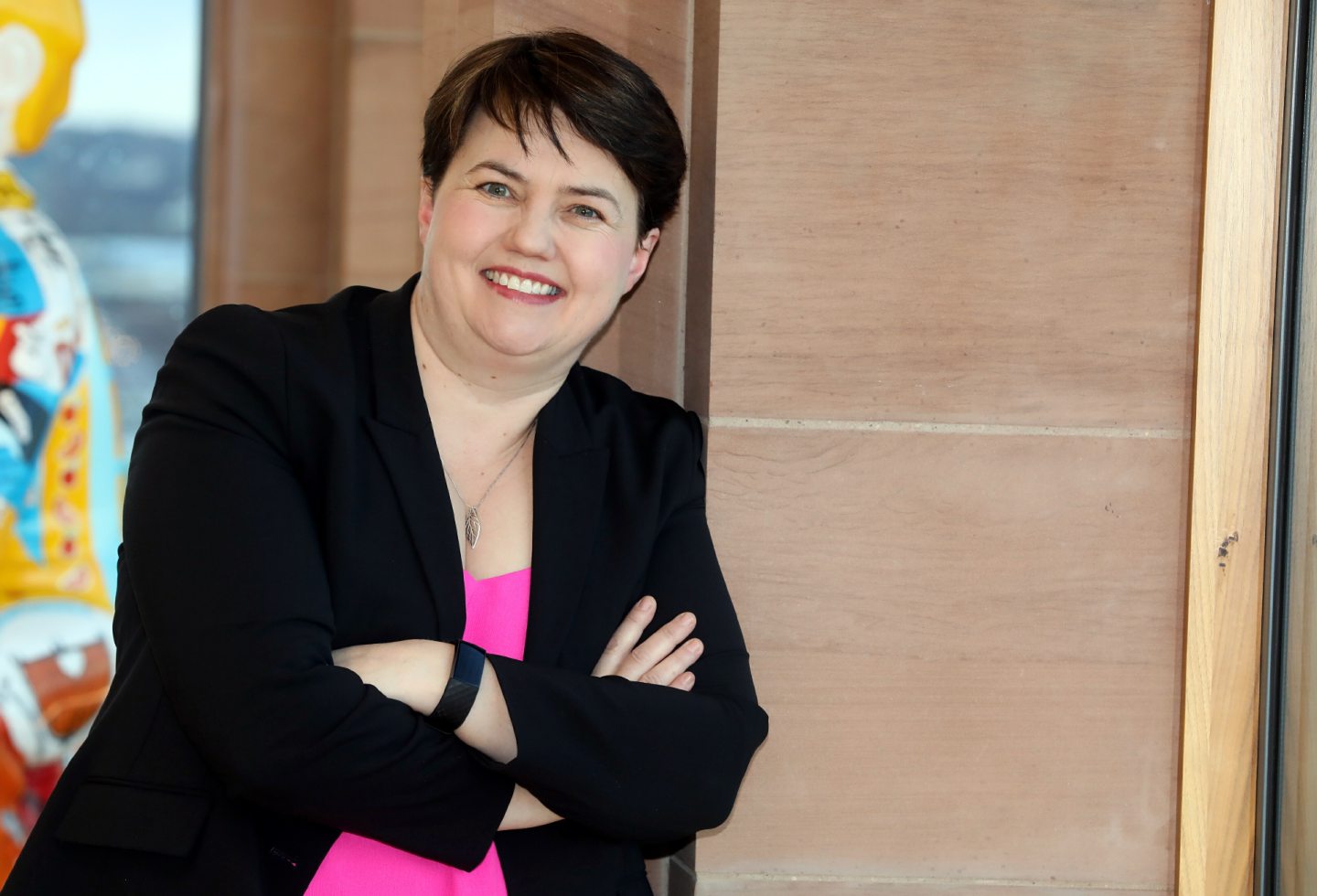

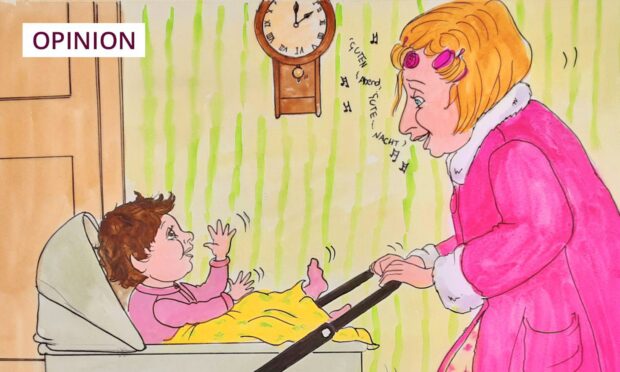




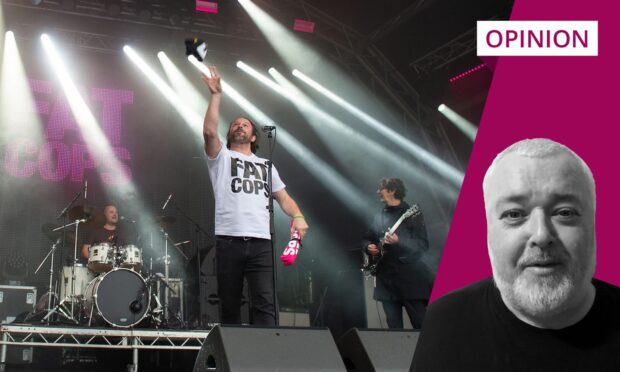
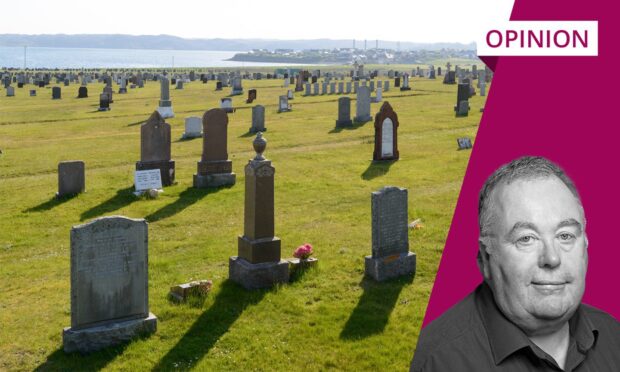

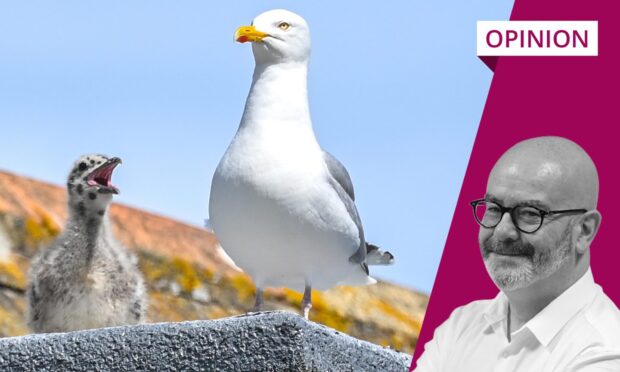

Conversation